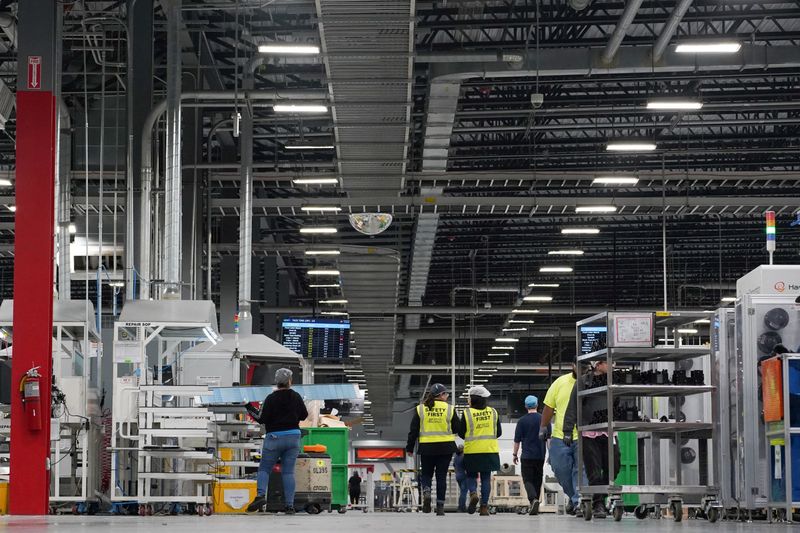U.S. ‘breakeven’ monthly job growth may be 230,000: SF Fed paper
2024.07.08 13:15
SAN FRANCISCO (Reuters) – A surge in the U.S. labor force in recent years may have driven up the number of new jobs needed to avoid a rise in the unemployment rate to around 230,000 a month, according to research published Monday by the San Francisco Federal Reserve Bank.
That elevated “breakeven” rate is likely not a new normal, the paper’s authors wrote in the bank’s latest Economic Letter, but is due to a temporary increase in immigration and labor force participation, and in time will likely fall back to its long-term estimate of between 70,000 and 90,000 new jobs a month.
The path back to that long-run rate could take anywhere from a year and a half to more than three years, depending on the pace of immigration, they estimated.
Still, they wrote, “the short-run breakeven pace remains well above the long-run value for the time being, which explains the stability of the unemployment rate in the face of persistently high job growth.”
The U.S. unemployment rate remained fairly steady below 4% until just a couple months ago, even as monthly job growth far outpaced the pre-pandemic average.
This latest research raises questions about the implications of continued slowing job growth under the braking effect of the Fed’s current policy rate, in the 5.25%-5.5% range since last July.

In the most recent three months, monthly job growth slowed to 177,000, and the unemployment rate ticked up from 3.8% in March to 4.1% in June.
Fed policymakers, whose interest-rate-hike campaign against high inflation has made what many of them feel is significant progress so far, are increasingly focused on the U.S. labor market as they try to assess when to ease policy.








